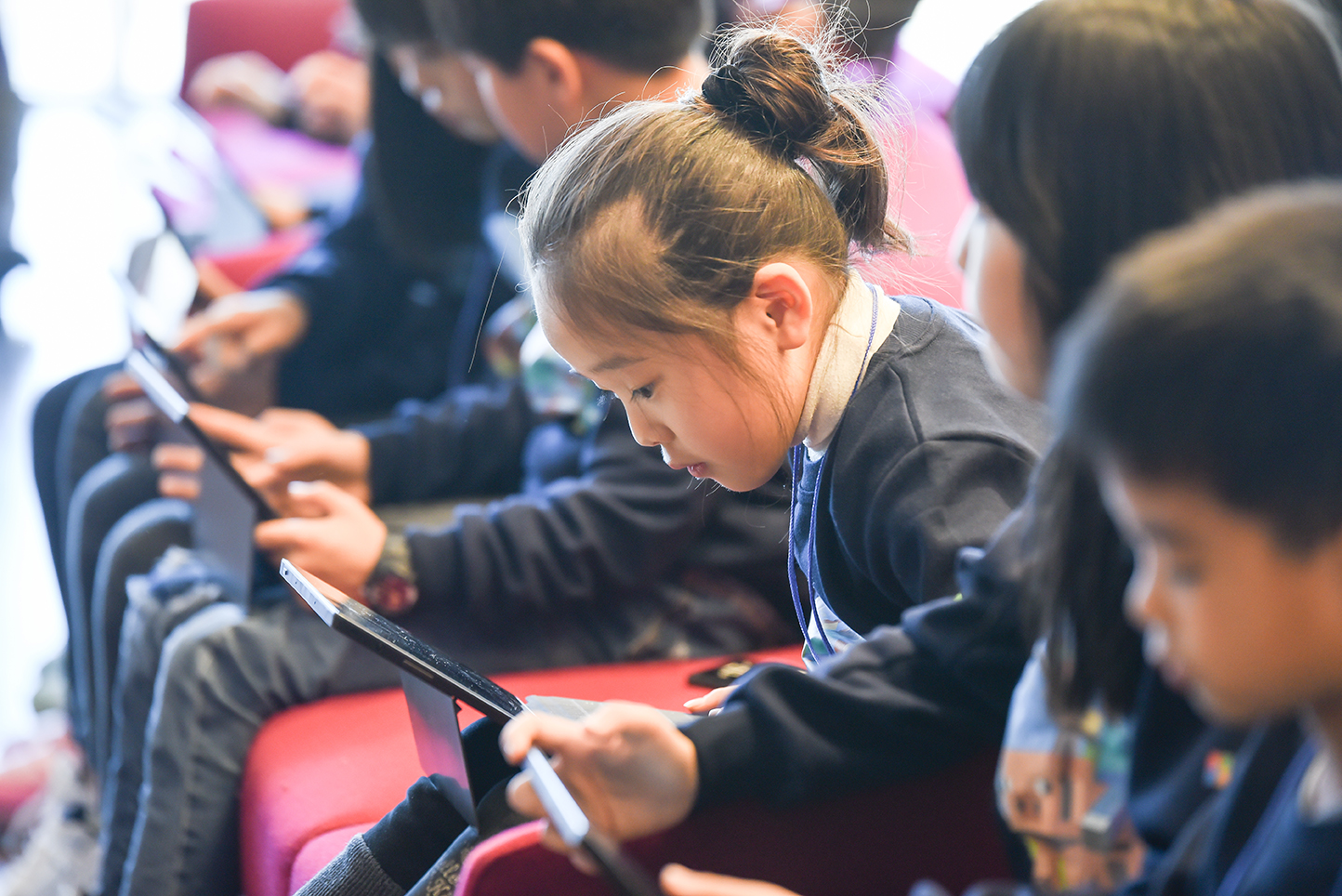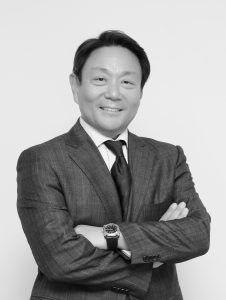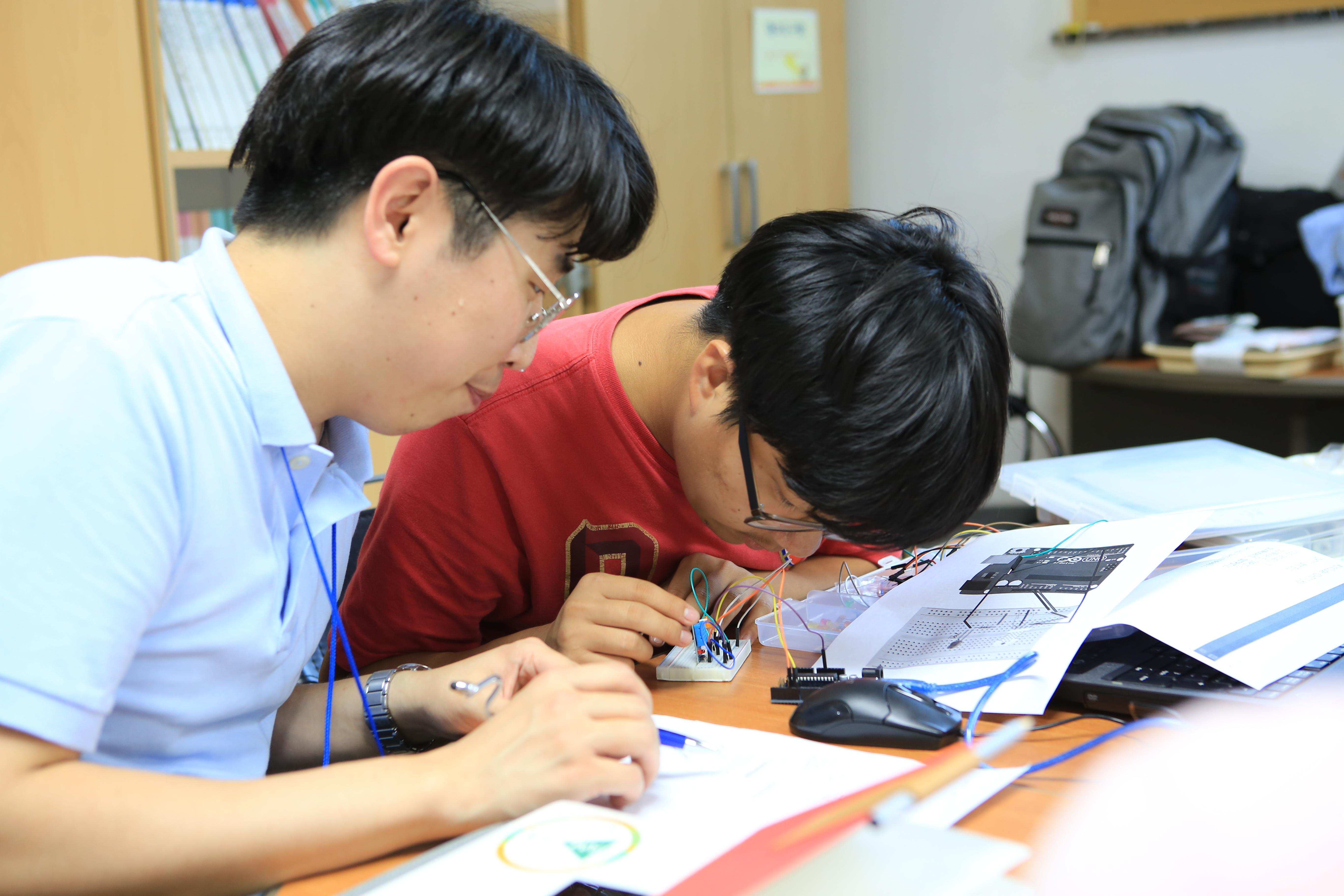
Partnering for growth: Empowering South Korea’s digital future
As Microsoft celebrates 30 years of doing business in South Korea, we are seeing rising investment in digital transformation for our customers and partners.
South Korea can rightly take pride in being the world’s 11th largest economy. But to remain competitive in the fourth industrial revolution, its workforce needs future-ready skills. Recognizing this, Microsoft and its long-standing partners have spent the past ten years helping prepare Koreans for the digital age.

“We have worked hand-in-hand with the government and other authorities to support their goals of ensuring sustainable and responsible growth for South Korea,” says Alfred Koh, General Manager and Chief Executive Officer, Microsoft Korea. “We will continue our commitment to help accelerate digital transformation in the country, especially in the age of artificial intelligence (AI).”
Microsoft leverages three building blocks to help create sustainable growth.
Firstly, let’s look at South Korea’s youth employment rate, which currently stands at 43%. To make sure all of Korea’s young people can participate in the new economy, we have partnered with nonprofit organizations in training and education. So far, more than 150,000 students and close to 2,400 teachers have acquired digital skills, in particular computer science skills that foster problem-solving and creativity.
One of those teachers is Geon-hoon Lee, a tutor of the “Be a Coding Hero” program run for hearing impaired students by nonprofit JA Korea. “Most schools are about teaching lessons and moving on,” says Geon-hoon. “It just makes the smart students race ahead. Instead of packing in more information, it was more important to us that every single student got to finish the mission. That’s what made it a success for us.”

This type of engagement, along with our Future Ready campaign that started three years ago, led to a Memorandum of Understanding with the Busan Metropolitan Government, which now leverages Microsoft technologies for K-12 students to create a software-oriented society.
Secondly, we are creating diverse and inclusive workplaces. We are encouraging young women to enter science, technology, engineering and mathematics (STEM) careers so they can join industries that are facing talent shortages, in areas such as cybersecurity. We also partner with nonprofits to develop inclusive workplace solutions. One example is a voice-to-text app called Sharetyping developed by our nonprofit partner AUD. Built on Azure cloud, the solution empowers the hearing impaired for effective team collaboration using speech recognition.
Finally, at a more systemic level, we are transforming nonprofits for the digital era. During the past ten years, we have donated more than US$5 million worth of cloud solutions and have trained 1,500 nonprofit staff to use this technology to have bigger social impact.
Take the example of Beautiful Coffee, a nonprofit that advocates for fair trade in South Korea. By adopting Microsoft cloud services such as Dynamics 365, Beautiful Coffee boosted its workers’ productivity and increased its partner ecosystem. “With this program, Beautiful Coffee will continue to find partners until fair trade represents 1% of global output. I’m confident that it will create an ecosystem for ethical consumption,” says Han Sujeong, Secretary General of Beautiful Coffee.
Looking ahead, Microsoft Korea plans to consolidate its investment across these three building blocks, by adding new partnerships and leveraging the latest technology for powering the country’s future growth. While continuing efforts to build future-ready generations through computer science education, we will also upskill or reskill the existing workforce in partnership with LinkedIn and harness the power of AI for Good, in particular to benefit people living with a disability.














